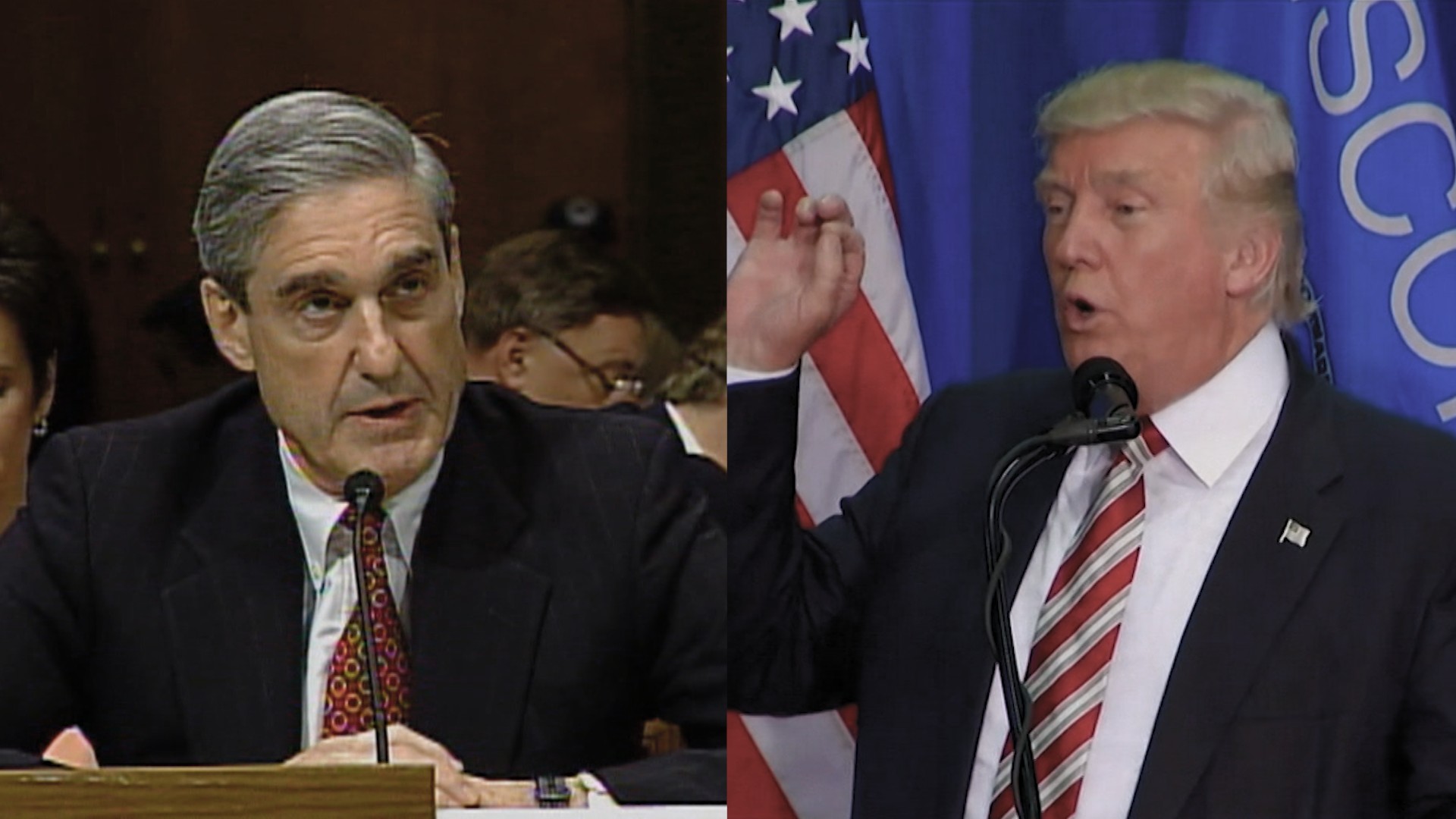Cohen’s confession should concern Trump, legal experts said. Thursday marked the first time special counsel Robert Mueller took direct aim at Trump’s private business dealings with Moscow in court. The criminal document also raises intriguing questions about who, particularly within Trump's family, Mueller may target next in his probe, former prosecutors said.“The significance of Cohen’s plea is motive — not Cohen’s motive, but Trump’s motive for deferring to Russia over and over again.”
TRUMP TOWER MOSCOW
Lawyer Michael Cohen enters Trump Tower in Manhattan, New York City, U.S., December 16, 2016. Picture taken December 16, 2016. REUTERS/Andrew Kelly
And Cohen said he’d kept Trump — and Trump’s family members — better informed about those efforts than he’d previously admitted. In a 2017 appearance before the Senate Select Committee on Intelligence, Cohen had testified that he’d only discussed the Moscow project with Trump three times.But on Thursday, Cohen said “three times” was a lie — it was more than that. And Cohen’s new “criminal information” document goes on to say that he also “briefed family members within the company about the project.”“If I were any member of the Trump family, I’d be more worried today than I was yesterday about my own potential legal exposure.”
Tiffany Trump, the daughter of President Donald Trump, center, accompanied by President Donald Trump, left, Donald Trump Jr., third from right, and Kimberly Guilfoyle, second from right, takes a photograph during the National Christmas Tree lighting ceremony at the Ellipse near the White House in Washington, Wednesday, Nov. 28, 2018.(AP Photo/Andrew Harnik)
THE CIRCLE TIGHTENS AROUND TRUMP
Trump himself appears to be feeling the heat. He’s attacked Mueller’s team on Twitter every morning for four days in a row, including retweeting an image of his own Deputy Attorney General, Rod Rosenstein — the man who appointed Mueller — locked up behind bars.For now, Trump is denying the new allegations, and insisting there was “nothing wrong” with pursuing a business opportunity in Russia, anyway.Chasing a hot business opportunity is no crime, legal experts agreed. But telling lies about it later to throw investigators off the trail could add additional evidence to charges of obstruction of justice, a central question Mueller has been tasked with answering, they said.If Trump directed Cohen to lie to Congress, he could be criminally liable, Waxman said.“Cohen has admitted that he lied to Congress, and it seems unthinkable that Trump and Cohen didn’t coordinate that story beforehand,” Waxman said. “Directing someone to lie to Congress is unambiguously obstruction and suborning perjury.”“Cohen has admitted that he lied to Congress, and it seems unthinkable that Trump and Cohen didn’t coordinate that story beforehand.”
